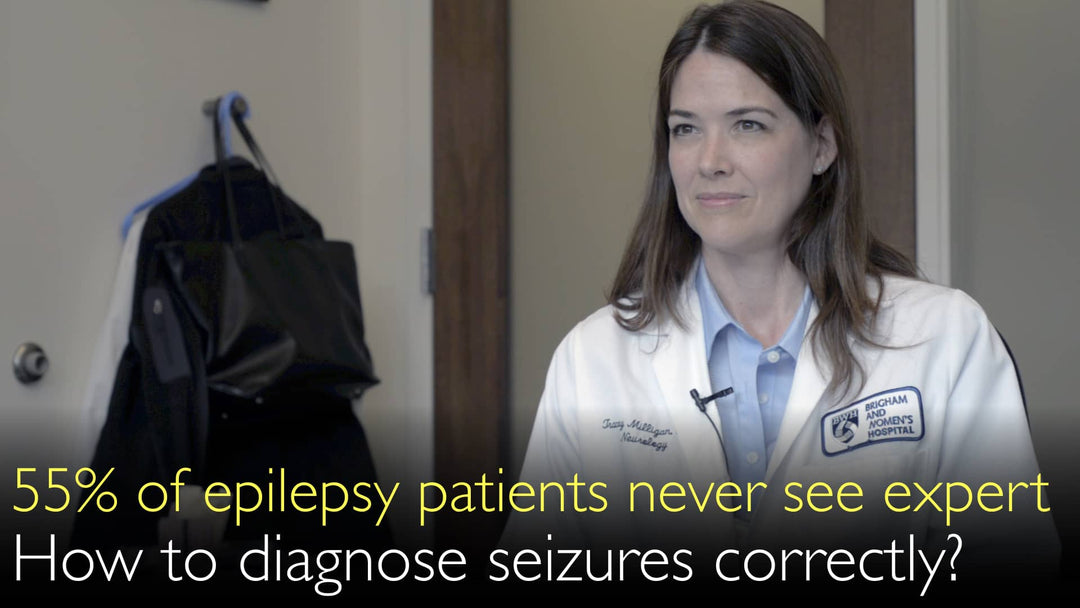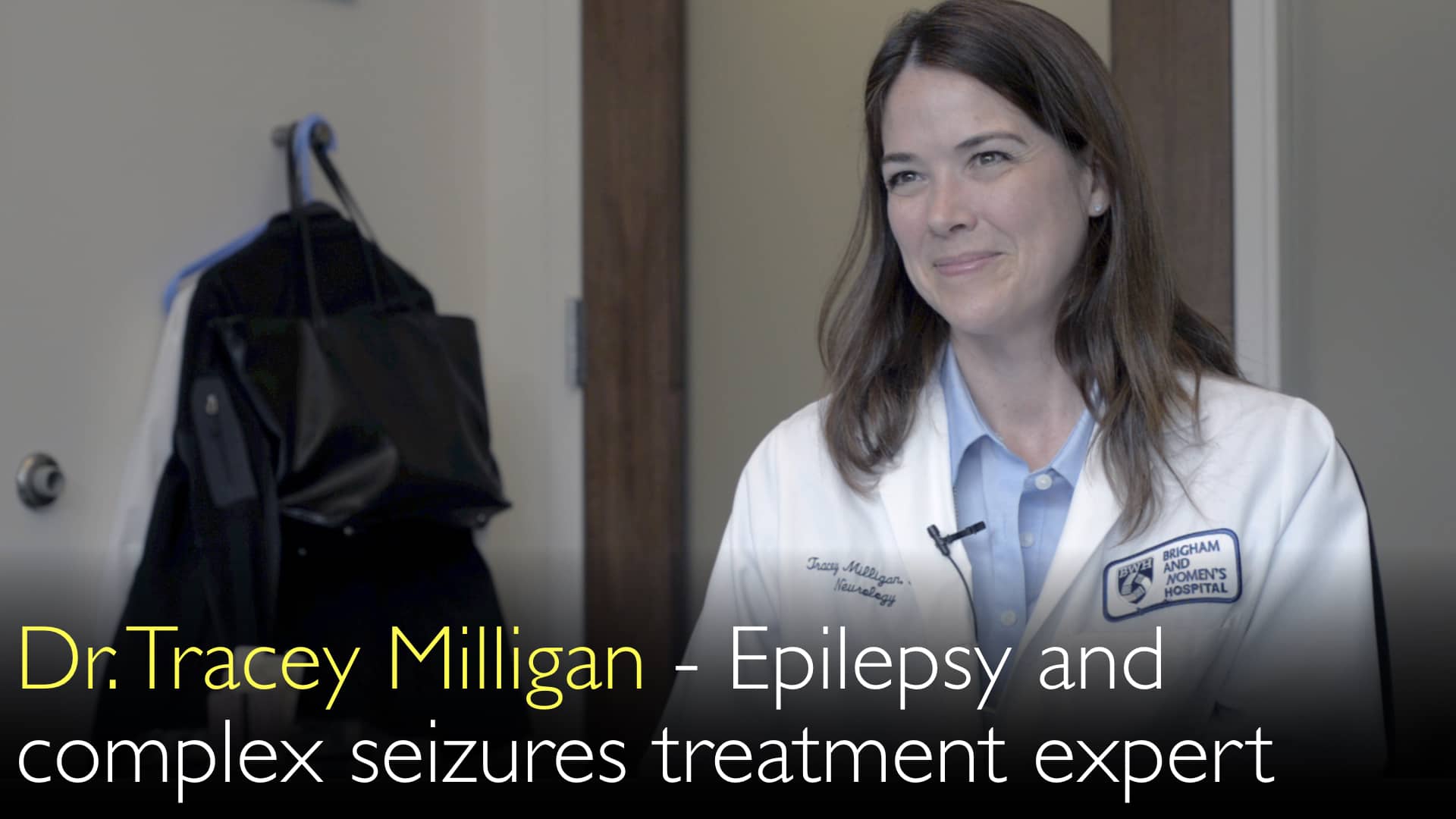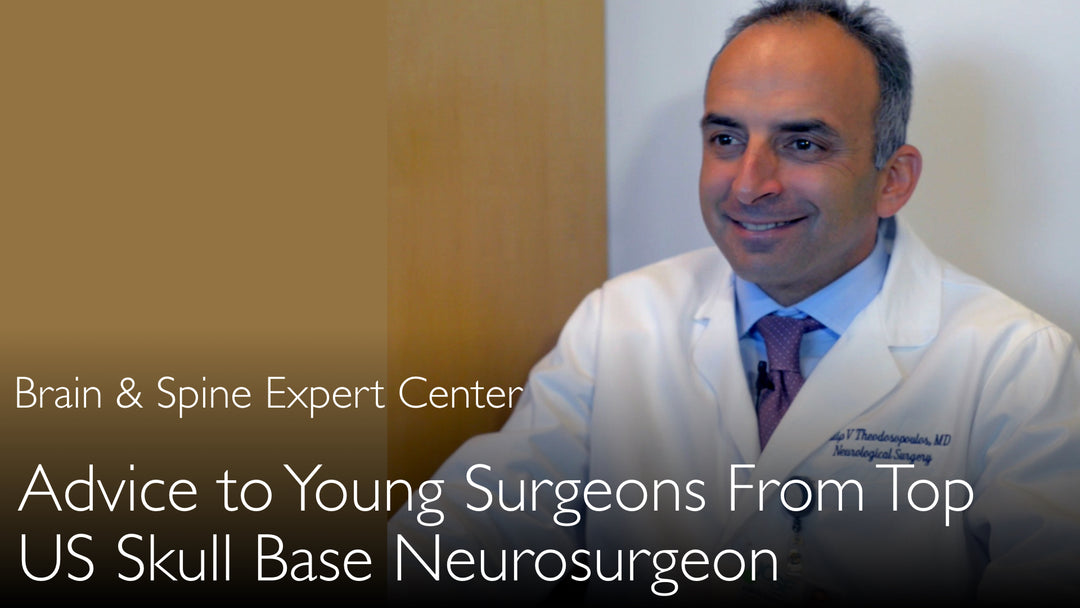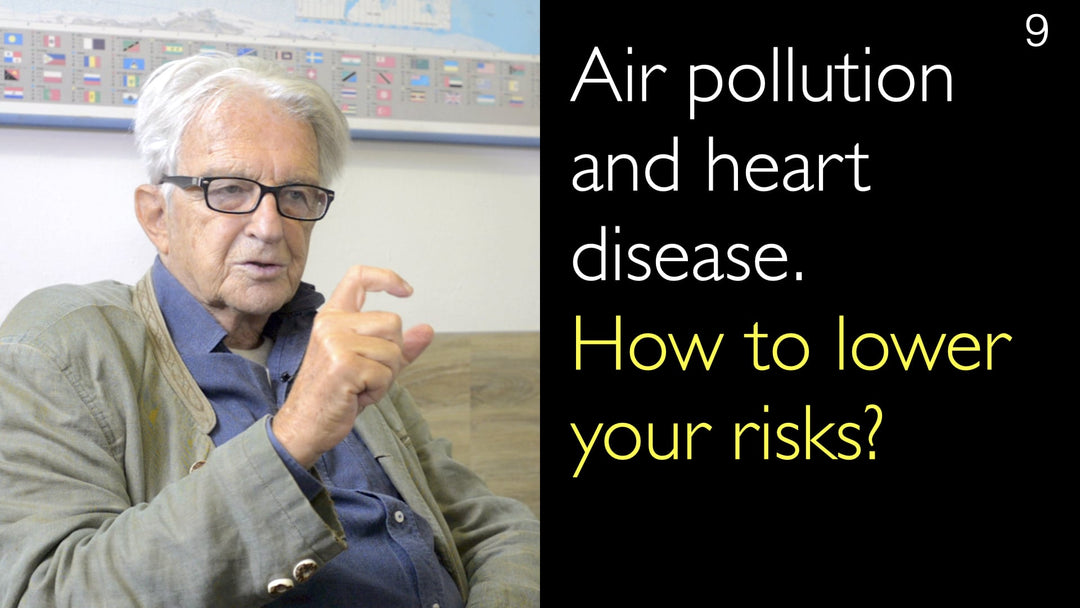מומחית מובילה באפילפסיה ובהתקפים אפילפטיים, ד"ר טרייסי מיליגן, MD, מסבירה כיצד אי-ודאות אבחנתית מובילה לטיפול תת-אופטימלי. מחקר בריטי גדול מצא ש-55% מהמבוגרים המקבלים טיפול באפילפסיה מעולם לא נבדקו על ידי מומחה. ד"ר טרייסי מיליגן, MD, מדגישה שמטרת הטיפול היא היעדר התקפים והיעדר תופעות לוואי. היא משתפת בסיפור עוצמתי על מטופלת קשישה שאובחנה באופן שגוי במשך למעלה מ-80 שנה. אבחנה נכונה ובחירת תרופה על ידי אפילפטולוג יכולות להשיג חופש מהתקפים. מעל 20 תרופות אנטי-אפילפטיות זמינות כיום. ידע מומחה חיוני כדי לבחור את התרופה הנכונה עבור סוג ההתקף הספציפי של כל מטופל.
אבחון וטיפול באפילפסיה: השגת חופש מהתקפים עם טיפול מומחה
קפיצה לפרק
- מטרות הטיפול באפילפסיה: ללא התקפים, ללא תופעות לוואי
- מתי לפנות להפניה למומחה אפילפסיה
- מקרה בוחן של אבחון שגוי באפילפסיה ותיקונו
- הארסנל המתרחב של תרופות נגד אפילפסיה
- החשיבות הקריטית של טיפול אפילפטולוג מומחה
- תמליל מלא
מטרות הטיפול באפילפסיה: ללא התקפים, ללא תופעות לוואי
ד"ר טרייסי מיליגן, MD, מגדירה בבירור את המטרה העיקרית של הטיפול באפילפסיה. המטרה עבור כל מטופל היא להשיג חופש מלא מהתקפים אפילפטיים. יש להשיג מטרה זו ללא נטל של תופעות לוואי מתרופות. ד"ר טרייסי מיליגן, MD, מציינת זאת ישירות למטופליה. היא אומרת להם, "המטרה שלנו בטיפול היא ללא התקפים אפילפטיים וללא תופעות לוואי". מטרה כפולה זו היא בסיסית להשבת איכות החיים של המטופל.
מתי לפנות להפניה למומחה אפילפסיה
מטופלים רבים עם אפילפסיה nunca רואים מומחה, ממצא הנתמך על ידי ניסוי קליני גדול בבריטניה. ד"ר טרייסי מיליגן, MD, מציינת שחלק מהמטופלים may not even רואים even נוירולוג כללי. היא מספקת קריטריונים ברורים מתי הפניה לאפילפטולוג היא absolutely necessary. מטופלים should לפנות לטיפול מומחה אם הם ממשיכים לחוות התקפים במשטר הטיפול הנוכחי שלהם. הפניה היא also critical אם תופעות לוואי מתרופות נגד אפילפסיה are problematic. כל טיפול הפוגע באיכות החיים הכללית של המטופל מצדיק הערכה מומחית.
מקרה בוחן של אבחון שגוי באפילפסיה ותיקונו
ד"ר טרייסי מיליגן, MD, משתפת סיפור דרמטי מהפרקטיקה שלה המדגיש את ההשלכות של אי-ודאות אבחנתית. היא מתארת מטופלת קשישה בתחילת שנות ה-80 לחייה. אישה זו חיה עם אבחנה של אפילפסיה כל חייה. בעלה שמר פנקס מפורט המתעד את התאריך והשעה של כל התקף. ההערכה המומחית של ד"ר מיליגן, כולל EEG, חשפה סוג ספציפי של אפילפסיה. המטופלת טופלה בתרופה הלא נכונה נגד אפילפסיה במשך decades.
ד"ר אנטון טיטוב, MD, מביע תדהמה מהצירוף הזמני הזה. ד"ר מיליגן מאשרת שהמטופלת הייתה בשנות ה-80 שלה before receiving אבחנה נכונה. לאחר שד"ר מיליגן שינתה את תרופת האפילפסיה, ההתקפים של המטופלת stopped completely. היא never experienced התקף אפילפטי נוסף למשך שארית חייה. מקרה זה ממחיש powerfully how התערבות מומחית can לשנות חיים המוטרדים ממחלה כרונית.
הארסנל המתרחב של תרופות נגד אפילפסיה
נוף הטיפול בהתקפים אפילפטיים התפתח dramatically. ד"ר טרייסי מיליגן, MD, מדגישה את הזמינות הנוכחית של over 20 תרופות שונות נגד אפילפסיה. זהו גידול significant מעשורים past when only existed few options. ד"ר אנטון טיטוב, MD, מציין שלתרופות these יש פרופילים שונים של efficacy ו-side effects. They are also designed לתקוף סוגים ספציפיים של התקפים אפילפטיים. מגוון זה הופך את בחירת התרופה הנכונה להחלטה complex הדורשת ידע specialized.
החשיבות הקריטית של טיפול אפילפטולוג מומחה
המורכבות של הטיפול המודרני באפילפסיה מצריכה level גבוה של expertise. ד"ר טרייסי מיליגן, MD, מדגישה ש-selecting from over 20 medications requires significant experience. אפילפטולוג מומחה possesses הידע העמוק הדרוש כדי להתאים את התרופה הנכונה למטופל הנכון. They understand how להשתמש effectively בכל תרופה against epileptic seizures. ד"ר אנטון טיטוב, MD, concurs that מציאת cause ההתקפים וה-specialist הנכון היא paramount. Pursuing ההסבר הטוב ביותר possible לאפילפסיה is always a worthwhile endeavor להשגת חופש מהתקפים.
תמליל מלא
ד"ר אנטון טיטוב, MD: אפילפסיה היא מחלה מורכבת וחמורה מאוד. אך התקפים אפילפטיים could להיות רק symptom של בעיות רפואיות חמורות אחרות.
ניסוי קליני major בבריטניה מצא ש-"55% מאוכלוסיית המבוגרים המקבלים טיפול עבור אפילפסיה nunca קיבלו ייעוץ מומחה". הערכה מחדש של מטופלי אפילפסיה חושפת אי-ודאות אבחנתית וכישלון באבחון correct. It leads לטיפול suboptimal. There is a lack of information and advice about all aspects of epilepsy treatment.
ד"ר אנטון טיטוב, MD: How לוודא שמטופל עם התקפים אפילפטיים מאובחן ומטופל appropriately?
ד"ר טרייסי מיליגן, MD: כן. מטופלים רבים עם אפילפסיה do not רואים מומחה like myself. I am an epileptologist (מומחה לאפילפסיה). מטופלים may not even רואים נוירולוג.
But every patient with epilepsy should have a goal בטיפול שלהם. מטרת הטיפול באפילפסיה היא זו: מטופלים should have no התקפים אפילפטיים ו-no side effects של therapy. That is what I tell all of my patients: "המטרה שלנו בטיפול היא ללא התקפים אפילפטיים וללא תופעות לוואי". מטופלים should have איכות חיים overall really good.
Sometimes a patient has epilepsy—another word for epilepsy would be "epileptic seizure disorder" (הפרעת התקפים אפילפטיים)—and they are continuing to experience epileptic seizures. Or they are having side effects of treatment. Or epilepsy treatment is impairing איכות החיים של המטופל. Then they should absolutely try לראות מומחה אפילפסיה.
מומחה might be able לעזור למטופלים עם אפילפסיה להגיע ל-goals של הטיפול. מטרות הטיפול are: no התקפים אפילפטיים, no side effects, ואיכות חיים overall good.
I will tell you a story about a patient that I saw. She actually happens to be the patient who made this jewelry box for me. She was an elderly woman in her early 80s. She came to see me with her husband. She had had epilepsy her entire life.
He brought a notebook detailing all of her epileptic seizures, the dates, and the times when epileptic seizures happened. It turned out that she was being treated with the wrong anti-epileptic seizure medication.
ד"ר אנטון טיטוב, MD: All her life?
ד"ר טרייסי מיליגן, MD: All her life!
ד"ר אנטון טיטוב, MD: She was in her early 80s by the time she really saw you, an epilepsy specialist?
ד"ר טרייסי מיליגן, MD: Correct. She came to see me. Through the use of EEG, I was able to diagnose her with a specific type of epilepsy. I changed her epilepsy medication.
When she came back to see me, she had no epileptic seizures. She never had another epileptic seizure in her life. I wish correct treatment could be found for everyone with epilepsy. That is not true, unfortunately.
But often there was a correct epilepsy medication that patients didn't know about. An expert epileptologist would find it. Then patients could become epileptic seizure-free. I shared that story because it was so dramatic. It is so memorable to me.
This change in epilepsy medication could make such a profound change in a patient's life. She had been living with epilepsy for decades.
ד"ר אנטון טיטוב, MD: Well, that is an amazing story! But it also underscores that there are so many different anti-epileptic medications for different types of epileptic seizures. Medications have different profiles of side effects and efficacy.
Many medications against epilepsy are now available to patients. It is really worthwhile to pursue the best possible explanation for the epilepsy. Patients must find the cause of epileptic seizures.
ד"ר טרייסי מיליגן, MD: Patients must find the correct specialist to assess the epilepsy situation.
Absolutely! We are so fortunate now. There are over 20 different anti-epileptic medications to treat epilepsy. Decades ago there were very few medications.
But with all of those anti-epileptic medications available, it does require a certain level of experience and knowledge. An expert must select epilepsy anti-epileptic medications.
ד"ר אנטון טיטוב, MD: Only an epilepsy expert can know well which medications are the best. An expert epileptologist knows how to use each anti-epileptic seizure medication.







